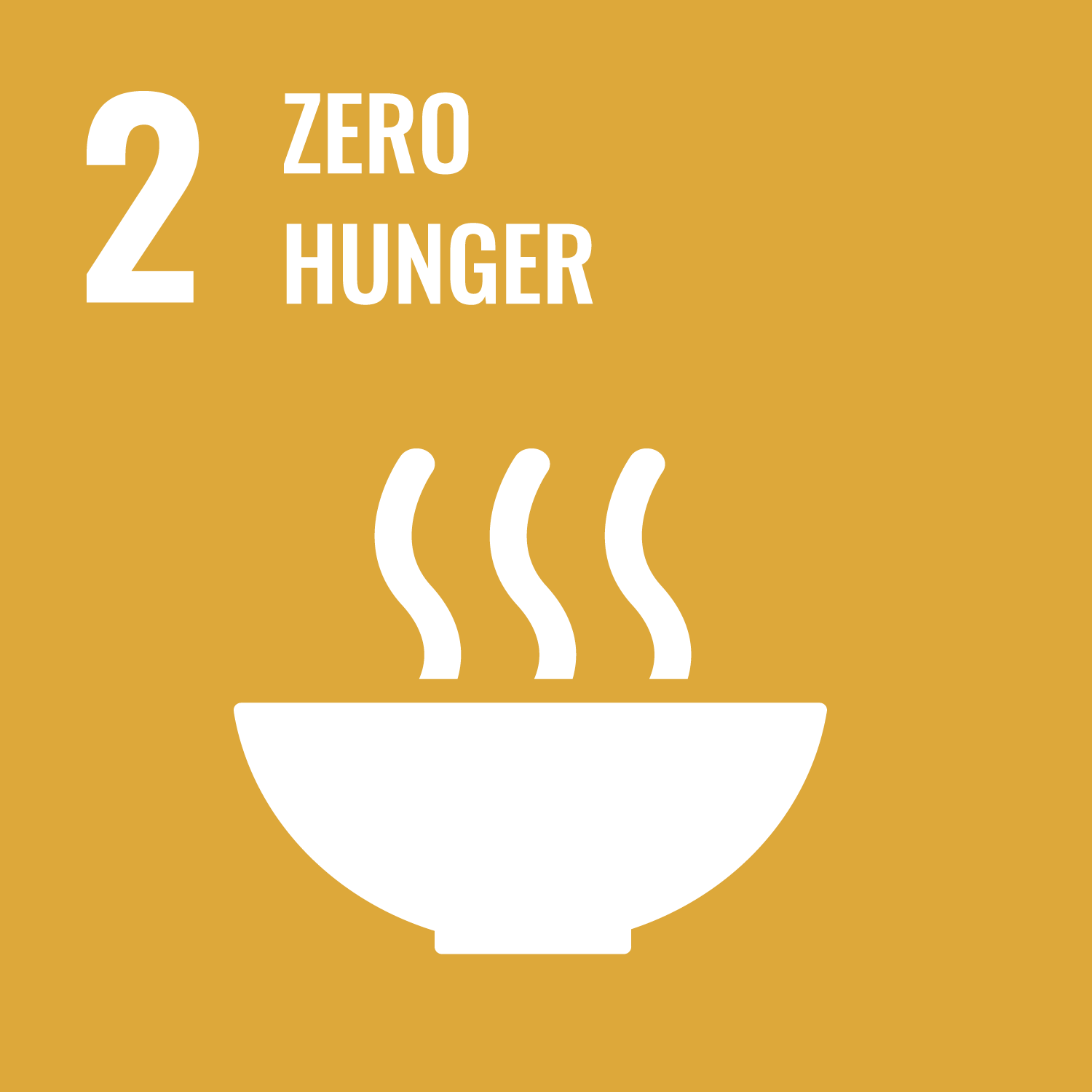Campus food waste tracking. Measure the amount of food waste generated from food served within the university.
The University of the Sunshine Coast (UniSC) has embarked on an important initiative to measure and reduce food waste on its campus. Recognizing the significant environmental and economic impacts of food waste, UniSC is taking proactive steps to address this issue. The university’s efforts are part of a broader commitment to sustainability and reducing its carbon footprint.
To accurately measure food waste, UniSC has implemented a comprehensive monitoring system. UniSC measures each waste stream independently. The Organic waste processed through onsite composting includes wet waste, primarily food, and dry waste, primarily paper towels and starch-based food/drink containers. The food waste includes waste from both onsite food retail venues and catering events. Food waste at UniSC is channelled through the organic/compost waste stream. It includes food waste from students, staff and visitors, as well as starch-based food and beverage containers.
By collecting this data, the university can identify patterns and pinpoint the main sources of waste. This information is crucial for developing targeted strategies to reduce food waste, such as adjusting portion sizes, improving meal planning, and enhancing food storage practices.
In addition to measuring food waste, UniSC is also focusing on raising awareness among students and staff about the importance of reducing food waste. Educational campaigns and workshops are being conducted to inform the campus community about the environmental and economic benefits of minimizing food waste. These initiatives aim to change behaviours and encourage more sustainable practices, such as composting and mindful eating.
Summary
Overall, UniSC’s efforts to measure and reduce food waste on campus are a significant step towards creating a more sustainable and environmentally friendly university. By addressing food waste, the university is not only reducing its environmental impact but also promoting a culture of sustainability among its students and staff.

